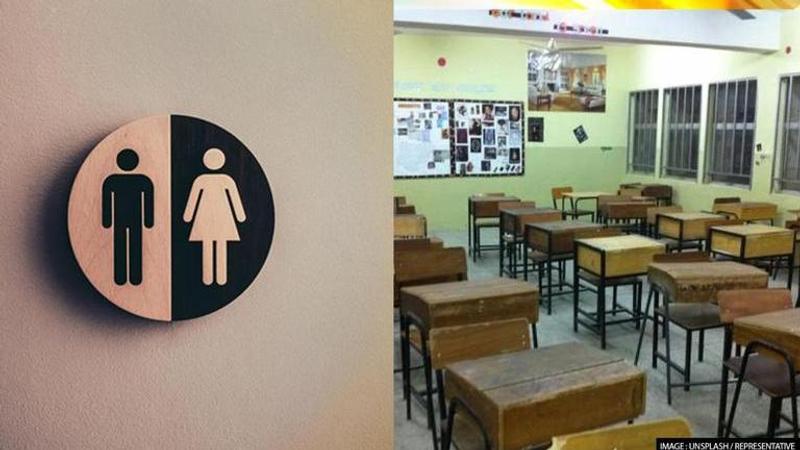Published 19:03 IST, November 21st 2021
School closure caused loss of education & widened gender inequality among children: UNESCO
Global research conducted by UNESCO revealed jarring outcomes of distant learning/ closure of schools on wellbeing of children & increased gender inequality

The world has been able to calculate the immense destruction caused by the COVID-19 pandemic in terms of health and economic losses, but the pandemic has also caused immense damage in other domains like social and domestic spheres, where the progress made in decades has been reversed now due to the sudden shift.
Assessing the impact of COVID-19 on gender inequality and its sparring impact on the life of children, it has been revealed that the gender gap has been worsened during the COVID-19 outbreak, as the closure of schools and inadequate availability of resources for digital learning, along with the imbibed gender norms has resulted in extending the education gap among boys and girls. Global research conducted by the UNESCO ( United Nations Educational, Scientific and Cultural Organization) on participants from over 90 countries revealed the jarring outcomes of distance learning/ closure of schools on the well-being of children and Gender inequality.
UNESCO's research reveals school closure caused loss of education & widened Gender Inequality among Children
The research rightly points out that the closure of schools across the globe had alarming effects on learning loss, but also posed a threat to increasing gender equality. The global study titled "When Schools Close: Gendered Impacts of COVID-19 School Closures" highlights how school closures, affected girls and boys, young women and men differently depending on the circumstances.
“At the peak of the COVID-19 pandemic, 1.6 billion students in 190 countries were affected by school closures. Not only did they lose access to education, but also to the myriad benefits of attending school, at an unparalleled scale,” said Stefania Giannini, UNESCO, Assistant Director-General for Education.
Based on in-depth evidence collected from more than 90 countries, the report outlines that gender norms and expectations significantly limit the ability of children to engage in and learn from online classes. The digital gender disparity was already a challenge before the COVID-19 crisis, which has now been extended and has alarming consequences, according to the report.
These are the major observations of the research:
- Girls and boys' ability to participate in distance learning was limited by household obligations, particularly in the poorest circumstances. As reported in Bangladesh, Ecuador, Ethiopia, Niger, Pakistan, Sierra Leone, and other low- and middle-income countries, girls' greater amount of time was spent at home in household chores which often came in their way to take classes online.
- Boys' involvement was frequently restricted by the necessity to earn a living: one-third of respondents in a poll conducted in 55 nations reported an increase in the prevalence of child labour as a result of COVID-19 school closures.
- Girls' ability to learn online was severely limited due to the gender digital divide. Adolescent girls aged 15 to 19 were less likely than boys to have used the internet in the previous 12 months, and fewer of them had mobile phones.
- In a poll of students in three Pakistani districts, only 44 per cent of girls reported owning a cell phone, compared to 93 per cent of boys. Girls who did not have their own phones said they depended on their families' phones, which were usually their fathers'.
- Gender discrepancies are also visible in the limited data on school return rates available to date. According to the research done in four Kenyan counties, 16 per cent of girls and 8% of boys aged 15 to 19 failed to re-enrol in the two months after school reopened in early 2021, claiming inability to pay school fees as the primary cause.
- School closures have had a negative influence on children's health, particularly their mental health, well-being, and safety, the report suggests. In 15 countries around the world, girls reported higher levels of stress, anxiety, and depression than boys. LGBTQI students expressed feelings of loneliness and worry. Boys expressed concerns about rising crime and violence, particularly in crisis-affected areas.
“Educational disruption of this extent has alarming effects on learning loss and school dropout. Beyond this, it poses threats to gender equality, including effects on health, wellbeing and protection that are gender-specific,” Giannini said.
The report has also noted several recommendations on how to overcome gender-based impediments in remote learning, highlighting that the pandemic is a stark reminder that schools are not only places for education, but are also support systems for girls and boys, providing them with an essential space for their growth, well-being, and protection.
Image: Unsplash/ PTI
Updated 19:03 IST, November 21st 2021




